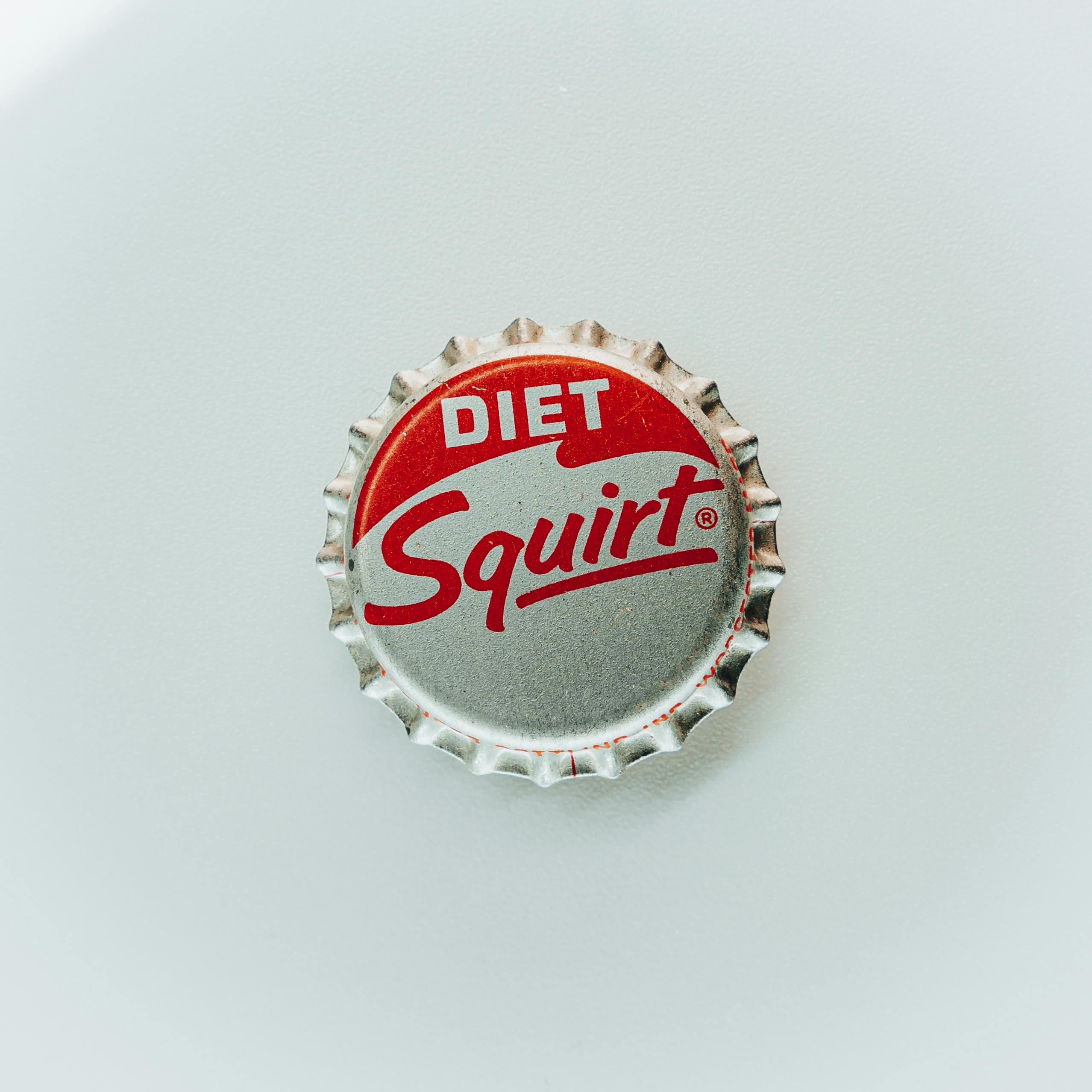Smart Ways to Optimize German Shepherd Diet for Better Health in 2025

Smart Ways to Optimize German Shepherd Diet for Better Health in 2025
The diet of your German Shepherd is a fundamental aspect of ensuring their overall health, vitality, and longevity. As one of the most popular dog breeds, German Shepherds require a balanced diet that meets their specific nutritional needs. In recent years, there has been a significant focus on understanding the dietary requirements of dogs, especially this breed with its active lifestyle. The importance of providing quality nutrition has led to the emergence of various diet options, including raw food diets, premium dog food brands, and homemade recipes tailored to meet individual energy needs.
In this article, we will delve into the various aspects of feeding German Shepherds effectively, covering a variety of topics from the types of food to consider, how to meet their changing nutritional demands through different life stages, and the impact of diet on their overall behavior and health. By implementing smart feeding practices from puppyhood to seniority, and maintaining a holistic approach to dog care, you can contribute to a happier and healthier German Shepherd. Let’s explore these smart ways to optimize their diet for better health in 2025.
Essential Guidelines for German Shepherd Nutrition
Understanding the nutritional requirements for your German Shepherd is crucial for fostering good health. These dogs have unique dietary needs that can be categorized into essential components such as protein, fats, carbohydrates, vitamins, and minerals.
The Role of Proteins and Fats
German Shepherds thrive on a protein-rich diet that supports their active lifestyle. High-quality protein sources such as chicken, beef, or fish should make up a significant portion of their meals. The right fats also play a vital role in their diet, providing energy and supporting overall health. Essential fatty acids, such as Omega-3 and Omega-6, are critical for maintaining healthy skin and a shiny coat, as well as promoting joint and heart health.
Carbohydrate Sources for Energy
While proteins are foundational, carbohydrates are equally important, serving as an energy source. Opt for high-fiber grains or vegetables like brown rice, sweet potatoes, or peas, which provide sustained energy and support healthy digestion. Be cautious with their carbohydrate intake—an excess can lead to weight gain, which is a common concern in German Shepherds.
Understanding Vitamins and Minerals
German Shepherds also require a variety of vitamins and minerals to improve their well-being. Essential vitamins like A, D, E, and K support various bodily functions, while minerals such as calcium and phosphorus are important for bone health and development. Regular consultations with a veterinarian can help ensure that your dog's meals are well-rounded nutritionally.
Addressing Food Sensitivities
Some German Shepherds may experience food allergies or sensitivities that can affect their overall health and well-being. Recognizing signs of allergies, such as skin irritations or digestive issues, can guide you in selecting dog food that avoids these problematic ingredients. With the rise of grain-free options, many dog owners are turning to hypoallergenic diets to reduce these sensitivities.
Creating a Balanced Meal Plan
When planning meals for your German Shepherd, strive for balance. Incorporate a mix of quality kibble types combined with wet dog food or homemade dog food for variety in textures and flavors. This not only helps in keeping their mealtime interesting but ensures a more comprehensive intake of nutrients necessary for optimal dog health.
Transitioning to an Optimal Diet
Transitioning your German Shepherd to a new diet should always be done gradually to avoid digestive upset. This process typically requires mixing the current food with the new food over several days, allowing their digestive system to adapt.
Puppy Feeding Schedule
For puppies, establishing a feeding schedule is vital. A well-designed puppy feeding schedule ensures that they receive adequate nutrition during their growth phase. Puppies generally require three to four meals a day. As they mature, this can be adjusted to two meals a day for adults. Ensuring proper portion control will help manage their energy levels and avoid obesity.
Senior Dog Dietary Needs
As your German Shepherd ages, their dietary needs will change. Senior German Shepherds may require lower calorie diets to maintain a healthy weight, as their metabolism slows down. Additionally, including joint supplements may provide further support for their mobility. Always consult with a veterinarian to tailor nutrition plans suited to their current health status.
Managing Hydration
Ensuring your German Shepherd stays hydrated is just as important as feeding them properly. Dogs can experience dehydration, especially during exercise or in hot weather. Fresh, clean water should always be available, and consider monitoring their water intake—signs of dehydration can include loss of energy and dry gums.
Utilizing Dietary Supplements Wisely
Supplements can play an important role in optimizing your dog’s diet. They can fill nutritional gaps and support specific health needs like joint health or allergy management. Combining these appropriately with their main diet will boost their vitality and help in managing any specific health issues.
Common Mistakes to Avoid
One common dietary mistake among dog owners is overfeeding or not adhering to recommended feeding guidelines for German Shepherds. It's crucial to calculate appropriate portions based on your dog's weight, age, and activity level. Moreover, avoid giving excessive treats, as they can contribute to weight gain. Training with treats should be done in moderation to promote healthy rewards during sessions.
Quality Dog Food Brands and What to Look For
Selecting the right food product for your German Shepherd is essential in ensuring their health. Quality dog food brands offer balanced formulations tailored to meet specific breed needs, so look for those recognized by veterinarians.
Reading Dog Food Labels
Understanding how to read dog food labels is imperative. Look beyond promotional phrases like "premium" or "natural" to focus on the nutritional content listed. Ingredients should include recognizable sources of protein, fibers, and fats, while avoiding fillers and artificial additives.
The Raw Food Diet Option
Raw feeding has gained popularity among dog owners, including owners of German Shepherds. This approach emphasizes feeding raw meat, bones, fruits, and vegetables. While some claim it improves coat quality and energy levels, it's vital to consult with a vet to ensure a balanced raw food diet that meets the dog’s complete nutritional requirements.
Homemade Dog Food Benefits
Homemade dog recipes can also provide numerous health benefits for your German Shepherd. Preparing meals at home allows for full control over ingredients, ensuring quality and freshness. Additionally, this can cater to specific dietary needs and avoid various allergens common in commercial dog foods.
Considering Ethical Pet Food Brands
As pet owners become more aware of the ethics surrounding pet nutrition, many are turning to ethical pet food brands that prioritize sustainable sourcing, organic ingredients, and transparency in their production processes. Selecting these brands can lead to better health outcomes for your dog while supporting responsible practices, something that benefits everyone.
Maintaining Good Dog Feeding Habits
Good feeding habits can positively influence your German Shepherd's health and demeanor. Research shows that well-fed dogs exhibit fewer behavioral issues and higher energy levels, enhancing their quality of life.
Optimal Feeding Routines for Dogs
Implementing an optimal feeding routine includes setting specific feeding times. Regular feeding schedules can help regulate their metabolism and aid in digestion. Consistency in feeding practices will create a sense of security and predictability for your dog.
Importance of Varied Diets
Just like humans, dogs benefit from a varied diet. Incorporating different food types—such as switching between kibble, wet food, and homemade options—can improve nutritional intake and keep meals exciting. This also helps in monitoring any food sensitivities that may arise with repeated meal plans.
Dog Treats and Their Role in Nutrition
While dog treats are an excellent way to bond with and train your German Shepherd, they should be enjoyed in moderation. Choose treats that contribute positively to their health and energy levels, focusing on low-calorie options that support their nutritional requirements without leading to weight gain.
Expert Veterinary Advice on Nutrition
Lastly, don't hesitate to seek veterinary advice when in doubt about your dog’s dietary needs. Regular check-ups can help monitor their health and tailor diet plans accordingly. A nutritional consultation can address concerns surrounding obesity or dietary allergies, ensuring your German Shepherd thrives.
Conclusion: Your Path to a Healthier German Shepherd
Optimizing your German Shepherd's diet is an ongoing journey that significantly impacts their health and happiness. By applying these smart dietary strategies, including choosing high-quality dog food, understanding feeding schedules, and consulting with veterinary professionals, you can provide a foundation that supports their overall well-being. Always stay informed and be ready to adjust their diet as they grow, ensuring they receive the nutrition they deserve.

